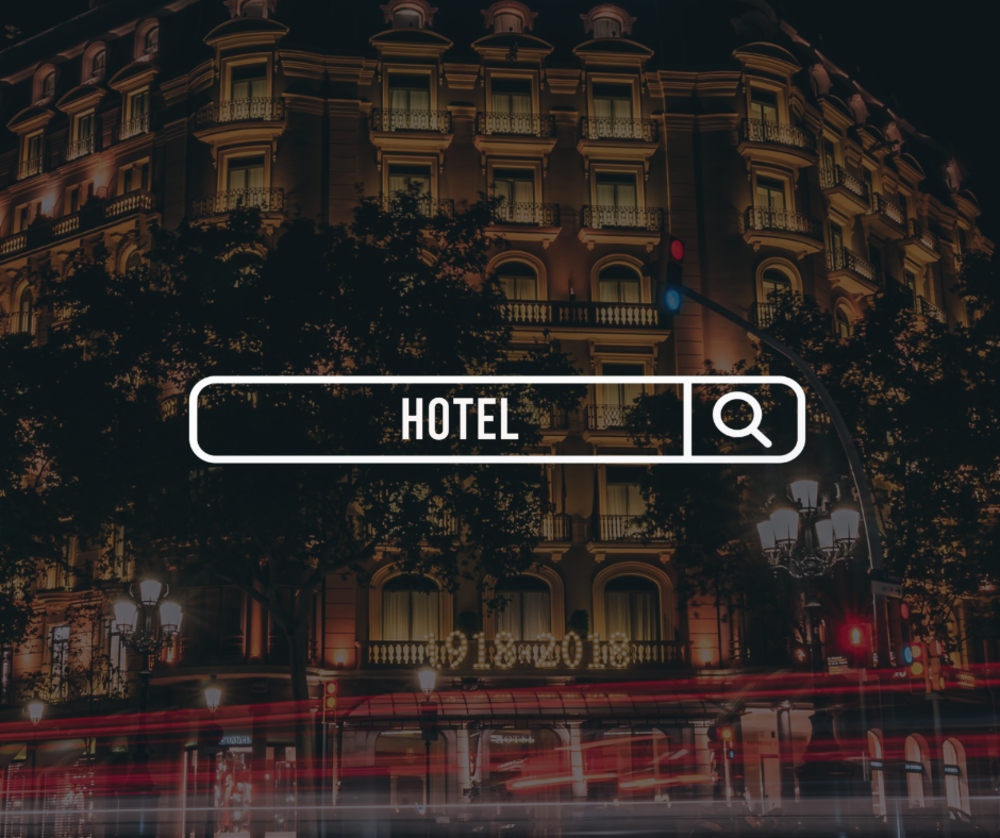Are you finding that your hotel’s website is receiving less traffic than in previous years, despite dedicated efforts to improve your search rankings? This isn’t just your imagination. The digital landscape is rapidly shifting, with artificial intelligence now at the heart of how Google displays accommodation options in its search results. As travellers increasingly rely on Google to plan their stays, the platform’s AI-driven features are transforming the way local hotels appear online. This new reality brings both challenges and opportunities, but only for those who recognise and respond to the changes with a thoughtful local SEO strategy.
Google’s recent upgrades, such as the Search Generative Experience (SGE), are changing the rules of the game. Information about hotels, including photos, guest reviews, amenities, and even booking options, is displayed directly within the search results. This approach makes it easier for users to compare hotels at a glance. But it also means fewer people click through to hotel websites. For independent hotels in particular, these “zero-click” searches can lead to a noticeable dip in website visits and direct bookings. As Google’s AI becomes more sophisticated, optimising your online presence for these new search features is no longer just an advantage for large hotel chains. It’s a necessity for everyone in the hospitality industry.
How Google’s AI Is Reshaping Hotel Search Results
Artificial intelligence is at the core of Google’s modern search experience. Rather than simply showing a list of blue links, Google now curates information panels, maps, rich snippets, and interactive carousels powered by advanced algorithms. The Search Generative Experience (SGE), for instance, pulls data from across the web to present users with detailed hotel comparisons, prices, location highlights, and availability, without ever requiring them to visit third-party sites.
As a result, travellers receive more answers upfront. They see room rates, recent reviews, and photographs before clicking a single link. Google’s AI even addresses specific questions, such as “Is this hotel pet friendly?” or “Which hotels in Sydney have free breakfast?” With so much valuable information supplied instantly, users are less inclined to visit individual hotel websites. The rise of “zero-click” searches underscores the importance of having a comprehensive, accurate, and optimised online footprint.
This is particularly significant for local boutique hotels and independent accommodations, which may lack the brand strength or marketing budgets of global hotel groups. Without adapting, these properties risk being overlooked by Google’s AI, and by extension, prospective guests.
Structured Content: The Foundation for AI-Friendly Hotel Listings
One of the most effective ways to improve your hotel’s visibility within these AI-powered search results is through the use of structured content. Structured content refers to information that is consistently organised and formatted, making it easier for Google’s algorithms to understand and present it to users through SGE or featured snippets.
Consider adding detailed blog posts, FAQ sections, and service guides that address common traveller queries. For example, a well-written piece on “Best things to do around [Hotel Name]” or a FAQ answering “Does [Hotel Name] offer airport shuttle services?” helps Google associate your property with relevant search intent.
Additionally, integrating schema markup into your hotel website ensures that important details, room types, amenities, star ratings, and booking options, are machine readable. Schema acts as a roadmap for Google’s AI, allowing it to extract and display your information accurately in search listings and summaries. Effective use of schema markup can set your hotel apart in crowded search results, encouraging potential guests to take the next step.
Focus on Long-Tail and Question-Based Keywords
Google’s AI doesn’t just process basic keywords, it interprets natural language questions and long phrases. This means that potential hotel guests are using more conversational queries than ever before, such as “family-friendly hotels near Bondi Beach with pool access” or “dog-friendly accommodation in Melbourne city centre.” These long-tail keywords capture intent with greater specificity and are more likely to align with how people actually speak or type.
To improve your hotel’s search presence in this landscape, your content strategy should incorporate these types of targeted phrases. Update your blogs, FAQs, and service pages to address real questions that travellers ask. Listen to what your human guests are enquiring about when they call or email your hotel and bring those questions into your content. Not only does this help Google’s AI tools interpret your relevance, but it also positions your website to serve the needs of travellers, streamlining the decision-making process.
Continuous keyword research is necessary to adapt to evolving search patterns. Tools like Google Search Console and SEMrush can help in identifying the most effective long-tail questions for your business, guiding your website updates and content creation efforts.
Updating Local SEO Strategies for AI-Driven Search
The foundation of success in the era of Google’s AI-powered search is a robust local SEO strategy. Start by ensuring your hotel is accurately represented in Google Business Profile, with up-to-date photos, contact details, amenities, and guest reviews. Regularly update your profile, respond to feedback, and add new photos to showcase seasonal options or new facilities.
Local SEO for hotels also means building high-quality, location-specific backlinks and encouraging satisfied guests to post authentic reviews. These elements contribute to your authority and help Google’s systems trust your information. Since AI surfaces hotels partly based on credibility, these signals can significantly impact your rankings.
Working with a dedicated local SEO agency can give you an edge. Specialists like Top4 Technology not only monitor Google’s evolving AI features but also implement advanced solutions tailored to your property’s unique selling points. Investing in local SEO services can drive more bookings even as organic search traffic patterns shift. Find out more about our Local SEO services here.
Conclusion: Adapt to Lead in the AI-First Travel Market
The impact of Google’s AI on hotel search results cannot be underestimated. As more travellers plan their stays directly within Google, relying on AI-powered answers, your role as an independent or boutique hotel owner shifts dramatically. Rather than focusing solely on driving direct traffic to your website, your attention must expand to optimising how your hotel is presented in AI-generated summaries, knowledge panels, and featured results. Embracing structured content, schema markup, and long-tail keyword strategies will give you the visibility you need to engage guests at their digital decision-making moment.
It is natural to feel concerned about the declining number of traditional website visits, but innovative solutions offer a way forward. By taking an active approach to modern local SEO strategies and keeping pace with AI-powered changes, your hotel can stand out in today’s competitive accommodation market. The key is to make your hotel’s strengths and personality visible where travellers are searching now, right within Google’s AI-driven features.
If you are ready to modernise your hotel’s online presence and adapt confidently to the evolving digital landscape, Top4 Technology is here to help. Our team specialises in advanced local SEO solutions for accommodation providers, ensuring your hotel ranks highly where it matters most. Position your property for success in the AI-first travel era, contact us today to learn how our local SEO services can benefit your hotel.

 SAUDI ARABIA
SAUDI ARABIA

























